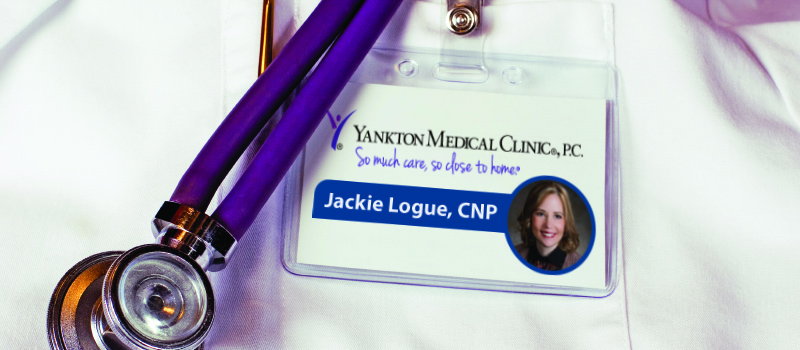When you visit your care provider, it’s hard not to notice just how many people make up the team that takes care of you. There are nurses, and your doctor, and everyone that plays an integral part in your healthcare comes with a title that might be confusing.
What’s the difference between an RN, CNP, PA, and MD? Do you get confused by all of the titles? If you do, you’re in luck, because we’re here to break them down and help you get informed about the roles and specialties of your care providers!
RN
Throughout the medical field, there are many specialties and roles to fulfill to ensure all patients receive the care they need. With all of these roles comes titles, and one of the most common and important is RN.
RN stands for registered nurse, and medical professionals who proudly wear this title are vital to healthcare.
Nurses are responsible for being the primary caretakers of patients, as they often check in with patients more regularly than physicians.
In addition to assisting physicians, RNs:
- administer medication,
- inform patients and their loved ones
- monitor the wellbeing of patients
Registered nurses play an important role in healthcare, and the assistance they provide to patients and other members of healthcare teams is vital.
CNP
Amongst the field of nursing, however, there is some diversity. For example, a CNP is a certified nurse practitioner.
CNPs are nurses with even more specialized training that provide more advanced care for patients.
Certified nurse practitioners are able to diagnose and treat patients, prescribe medication, and order treatments and testing.
While some of their duties resemble those of a doctor, CNPs don’t have all of the same responsibilities or qualifications, but they offer vital experience and skills that help healthcare teams provide excellent care.
PA
PAs, also known as physician assistants, carry out many similar duties to a physician, but they still don’t have all of the same responsibilities. PAs:
- Conduct physical examinations
- Perform a variety of medical procedures
- Prescribe medication
- Are also capable of diagnosing various health issues
Along with PAs, you might also see healthcare professionals with the title “PA-C.” A PA-C is a physician assistant, but they have gone through special certification from the National Commission on Certification of Physician Assistants (NCCPA). Physician assistants are necessary providers of care who contribute to a medical team as a whole, often acting as a direct counterpart to physicians. The array of abilities PAs and PA-Cs have make them a versatile care providers, capable of administering many forms of care.
Physician
The most well-known member of a medical team is, of course, a physician. Medical doctors are the captains of a healthcare team. They:
- Oversee the care of patients and
- Are primarily responsible administering care,
- Diagnose illnesses
- Order exams and procedures
- Prescribe medication
While all other members of a healthcare team are important and play necessary roles, doctors have the most education and, therefore, have the most responsibility when it comes to serving patients.
Whenever you’ve received care at your local clinic or hospital, it’s taken a team of healthcare professionals to help you. Each member of these teams, from nurses to PAs and doctors, is critical to providing you the care you need. They all play an important role in helping you stay healthy, and even though their titles can be confusing sometimes, knowing their responsibilities will help you understand your care better.
Summary
During your last visit to your healthcare provider, were you overwhelmed and confused by all of the titles? Did you know the differences between RN, CNP, PA, and MD? Knowing your healthcare team and the important roles they play helps you engage with your care. They all play an important role in helping you stay healthy, and even though their titles can be confusing sometimes, knowing their responsibilities will help you understand your care better.
